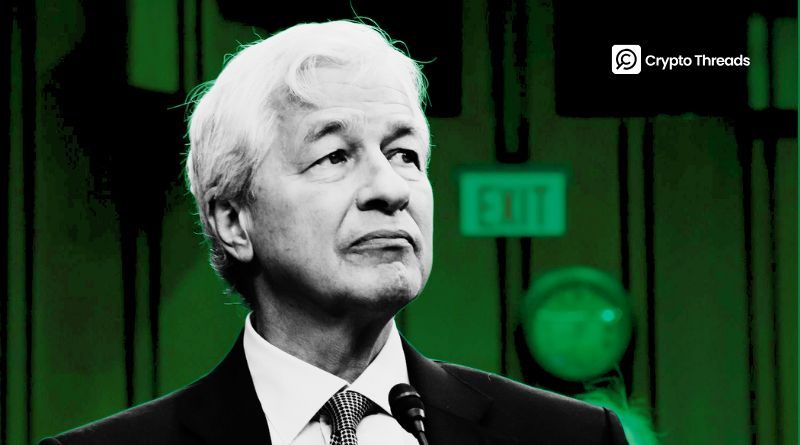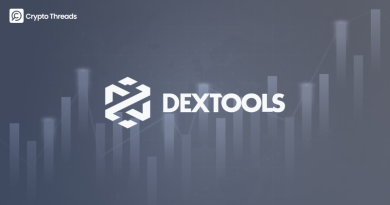Jamie Dimon Says JPMorgan Will Allow Clients to Buy Bitcoin, But Firm Will Not Custody It
JPMorgan Shifts Stance on Bitcoin Access While Maintaining Custody Limitations
JPMorgan Chase CEO Jamie Dimon has announced that the banking giant will allow its clients to buy Bitcoin, representing a significant shift in the firm’s approach to cryptocurrency services. Speaking at the recent Financial Times Global Banking Summit, Dimon confirmed that the bank will facilitate Bitcoin transactions for interested clients but emphasized that JPMorgan will not directly custody the digital assets. This strategic approach allows the financial institution to meet growing client demand for cryptocurrency exposure while limiting its direct involvement with the volatile asset class.
The announcement marks a notable evolution in JPMorgan’s cryptocurrency strategy, particularly given Dimon’s well-documented skepticism toward Bitcoin over the years. The CEO has previously described Bitcoin as “worthless” and compared it to a “pet rock,” making this policy change particularly noteworthy for industry observers. According to sources familiar with the matter, the decision follows increasing pressure from the bank’s wealth management clients seeking regulated access to cryptocurrency investments through their existing financial relationships.
Implementation Details and Limitations
While JPMorgan will now facilitate Bitcoin purchases, the firm has established clear boundaries around its cryptocurrency services. The bank will partner with regulated cryptocurrency custodians to manage the actual storage of digital assets rather than handling custody responsibilities internally. “We will help clients who want to buy Bitcoin, but we’re not going to custody it. We’re not going to be the people responsible if it gets stolen or hacked,” Dimon explained during his presentation.
Industry analysts suggest this approach allows JPMorgan to balance competitive pressures with regulatory concerns. By facilitating transactions while outsourcing custody, the bank can satisfy client demand without assuming the significant regulatory and security burdens associated with direct cryptocurrency custody. This strategy also aligns with the bank’s ongoing development of blockchain technology applications while maintaining distance from speculative cryptocurrency trading.
Market Impact and Industry Significance
The announcement from America’s largest bank has significant implications for cryptocurrency adoption among institutional investors and high-net-worth individuals. JPMorgan serves approximately half of all U.S. households and manages over $4 trillion in client assets, making its cryptocurrency policy decisions particularly influential in shaping mainstream financial access to digital assets.
“JPMorgan’s decision represents a pragmatic middle ground that we’re seeing increasingly adopted by traditional financial institutions,” commented Sarah Brennan, a financial technology analyst at Capital Markets Research. “They’re acknowledging client demand for cryptocurrency exposure while maintaining their risk management priorities and regulatory compliance focus. This hybrid approach is likely to become the standard for major banks entering the space.”
The move comes as several other major financial institutions have expanded their cryptocurrency offerings in recent months. Competitors including Morgan Stanley, Goldman Sachs, and BNY Mellon have all launched various cryptocurrency services for wealth management clients, creating competitive pressure across the banking sector to provide regulated access to digital assets.
Despite facilitating Bitcoin purchases, Dimon maintained his personal skepticism about cryptocurrency investments, advising caution to bank clients considering exposure to the volatile asset class. “My personal advice remains the same—be extremely careful with how much you invest in these speculative assets,” Dimon stated. “We’re providing access because our clients have asked for it, but that doesn’t change our perspective on the underlying risks.”
This cautious approach reflects JPMorgan’s broader strategy of exploring blockchain technology applications while maintaining distance from speculative cryptocurrency activities. The bank has been actively developing its own blockchain platform, Onyx, and digital currency, JPM Coin, focusing on institutional payment systems and settlement rather than speculative trading.



